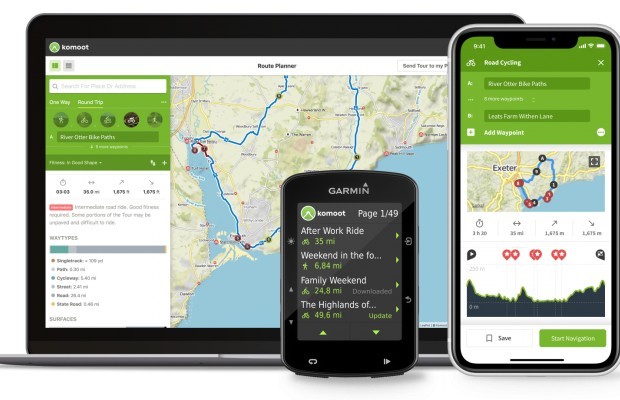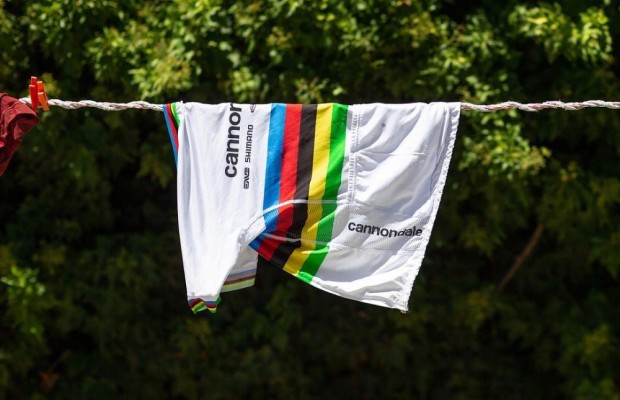Less time on social media and more time on the bike, the perfect formula for feeling better
A study by researchers at the University of Bath (UK) has shown that reducing social media use improves our well-being and reduces levels of depression and anxiety. The authors concluded that these were the benefits of not using social media for one week, the time period analysed in the study.

Mental health, the first to welcome less time spent on social media
It's hard to find someone who is a complete stranger to social networks. More or less all of us have been tempted by these apps. In order to see how it would affect us if we stopped using them for a week, this study, published in the journal Cyberpsychology, Behavior, and Social Networking, was carried out.
In it, researchers took a total of 154 people and asked them to complete a questionnaire assessing their level of well-being and mental health. They found that they spent an average of 8 hours a week on social media.
RECOMENDADO

When do helmets have to be changed? Do they have an expiration date?

The best apps for cycling and mountain biking

Black Friday Garmin 2025: the ultimate guide to choosing your GPS at the best price

How to wash your cycling clothes? 10 keys to make them always look new

Cycling can help you fight the effects of the time switch

Easy to apply tips for riding faster
They were then divided into two groups. While one group had to stop using social media, the other group had to use it normally. However, the researchers did not check that the first group stopped using them - although they were told how to block them or turn off notifications, for example - so that after the week-long study they could see how much they had used.

Some very clarifying conclusions
A week after the study began, the participants returned to complete a questionnaire. The researchers found that the first group reduced their social media use to just 28 minutes a week and concluded that they had experienced an improvement in mental health: while wellbeing had increased, both anxiety and depression had decreased.
Despite this, the researchers note that further studies "should extend this result to clinical populations and examine long-term effects".

A time that can be spent cycling
Work, family and other obligations mean that we often spend our weeks at breathtaking speed, without as much time as we would like to devote to our hobbies. However, this study has found that we spend an average of eight hours a week consuming social networks. Eight hours is a lot of minutes that we could use for cycling, for example.
By now, almost everyone knows that sport is beneficial. And cycling in particular has many benefits.
The study, although it concludes something that we could already sense, also leads us to reflect on how much of the time we spend on social networks we could devote to cycling, a healthy hobby as long as we practise it according to our abilities and that keeps us away from the damage that social networks can cause to our mental health.